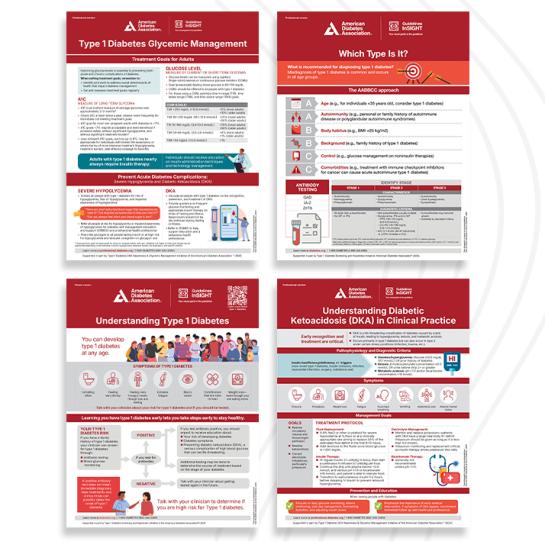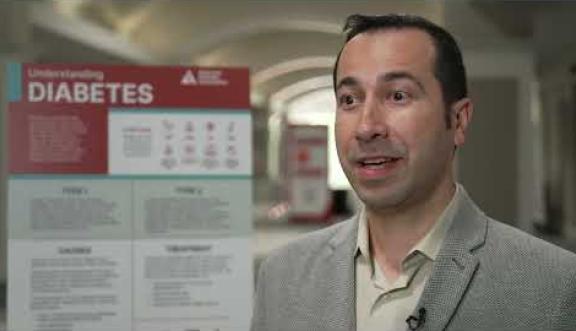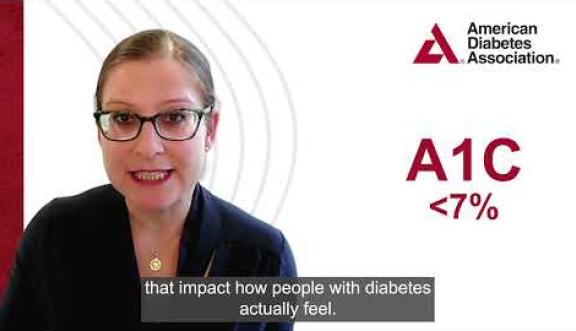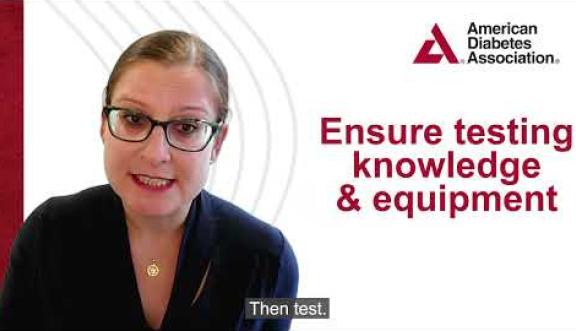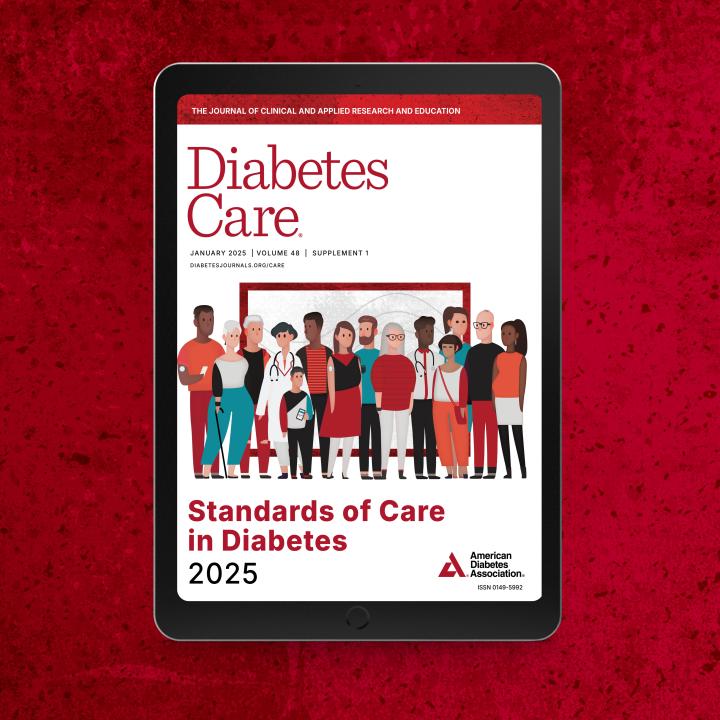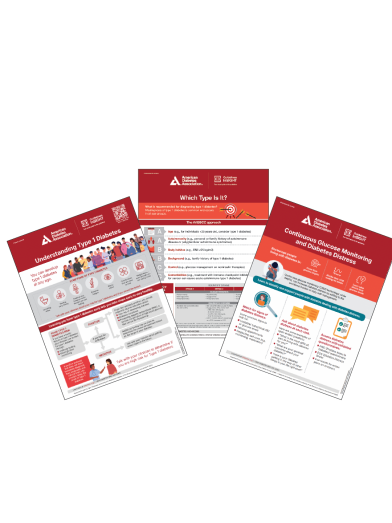Type 1 Diabetes Roundtable Reports
The American Diabetes Association (ADA) convened leading experts—including endocrinologists, researchers, primary care professionals, certified diabetes care and education specialists, and mental health professionals—to discuss type 1 diabetes screening and awareness. These discussions culminated in the February 2025 report and the December 2023 report.
Participating associations
- American Academy of Family Physicians^
- American Academy of Pediatrics
- American Academy of Physician Associates
- American Association of Nurse Practitioners*
- American College of Osteopathic Family Physicians
- International Society for Pediatric and Adolescent Diabetes
February 2025 Report December 2023 Report
The reports do not necessarily reflect official guidelines or recommendations from the ADA or other participating organizations.
*December 2023 Roundtable
^February 2025 Roundtable

